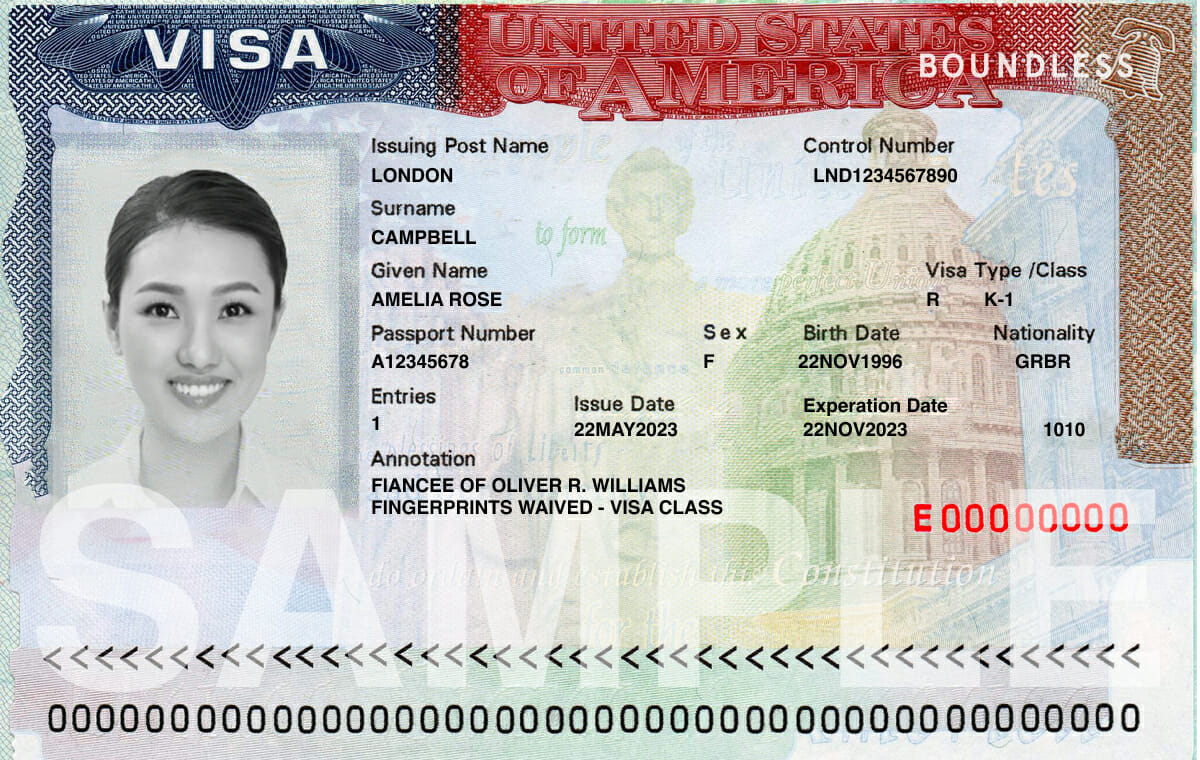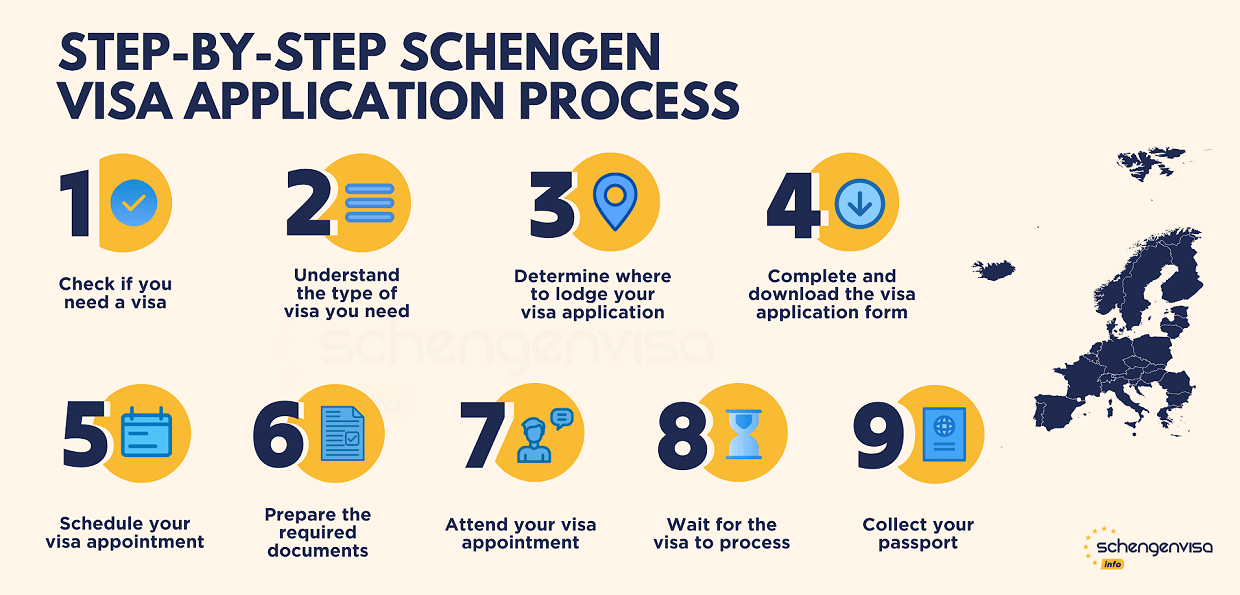Applying for a Saudi visa can be a complex process, requiring attention to detail and adherence to strict guidelines. SAUDI VISA MISTAKES TO AVOID A small mistake during the application process can result in delays, rejections, or even the inability to obtain the visa altogether. Therefore, it is essential to avoid common errors and ensure that your application is thorough and accurate. This article will explore the most frequent mistakes applicants make when applying for a Saudi visa and how to avoid them. By understanding these pitfalls, you can increase the chances of your application being accepted without issues.
Common Application Errors
One of the most significant mistakes applicants make when applying for a Saudi visa is making errors in the application form itself. These errors can range from simple typos to more serious issues that can lead to the rejection of the visa. Incomplete or Incorrect Form Submission: Ensure that every field in the visa application form is filled out correctly. Missing or incomplete information, such as leaving out your date of birth or passport number, can lead to delays or outright rejection. Always double-check each section before submitting. Failure to Review Application: Many applicants overlook the importance of reviewing their application before submission. A final check can help identify small errors that may have been missed initially, such as misspelled names, incorrect passport details, or other critical mistakes that could affect the application. Not Following the Correct Format: The Saudi authorities have specific guidelines for filling out the application form, including formatting of dates, names, and addresses. It’s essential to follow these instructions precisely to avoid errors that could cause delays or rejections.
Incomplete Documentation
Another common mistake is submitting incomplete or inadequate documentation. Each visa type has specific document requirements, and failing to submit the necessary paperwork can result in delays or outright rejection. Below are some key documents that applicants must ensure are submitted:
Missing Passport Pages: Some applicants fail to check if their passport has enough blank pages for the visa stamp. Ensure that your passport is valid for at least six months beyond your planned stay in Saudi Arabia, and it should have sufficient blank pages for visa stamps. Missing Invitation Letter or Sponsorship: Depending on the type of visa (such as a business or work visa), you may be required to provide an invitation letter from a Saudi entity or a sponsorship letter. Failing to submit these documents or providing incorrect information about the sponsor can lead to visa rejection. SAUDI ARABIA TRANSIT VISA Proof of Financial Status: For tourist or business visas, applicants must provide proof of financial stability, such as bank statements. Missing or outdated financial statements can lead to the rejection of your application. Insufficient Health Documentation: For certain visa types, especially during health crises such as the COVID-19 pandemic, applicants may be required to submit proof of vaccinations or a health clearance. Ensure that all required medical documentation is up to date and meets the Saudi government’s standards.
Misunderstanding Visa Types
Many applicants are unaware of the specific visa type they need for their intended stay in Saudi Arabia. Applying for the wrong visa can cause delays or lead to outright rejection. Some common misunderstandings regarding visa types include: Tourist Visa vs. Business Visa: A common mistake is applying for the wrong type of visa based on the intended purpose of the trip. For example, if you plan to attend a business conference or meeting, applying for a tourist visa may lead to complications upon arrival. It is critical to select the correct visa type that aligns with the purpose of your visit. Transit Visa vs. Tourist Visa: If you are passing through Saudi Arabia on your way to another destination, you might assume that you can use a tourist visa for the short stay. However, Saudi Arabia offers a specific transit visa that allows travelers to stay in the country for a brief period. Not selecting the appropriate visa for your situation can result in unnecessary complications. Umrah or Hajj Visa Confusion: Pilgrims who wish to perform religious rituals such as Umrah or Hajj must apply for the specific pilgrimage visa. It’s important to understand the requirements for these visas and not assume that a regular tourist visa will be sufficient for religious travel.
Incorrect Personal Information
Incorrect personal information is a common mistake applicants make when filling out their visa applications. Even a small discrepancy in the details can lead to delays or rejection. Ensure that the personal information on your visa application exactly matches what is in your passport. Some key areas to pay attention to include:
Name Spelling: Ensure that your full name is spelled correctly and matches the exact way it appears on your passport. Even minor errors in name spelling can cause confusion and lead to your visa being rejected. Date of Birth: Double-check that your date of birth is correctly entered. A mismatch between the date of birth on the application form and your passport can be flagged by Saudi authorities and result in delays. Passport Information: Make sure that the passport details you provide, including the passport number, issue date, and expiry date, are correct. Failing to match this information exactly as it appears in your passport can lead to problems with your visa application.
Failing to Meet Financial Requirements
Many visa applicants fail to meet the financial requirements that are a key component of the visa approval process. If you are applying for a tourist or business visa, you must prove that you have sufficient funds to support yourself during your stay in Saudi Arabia. Common mistakes include: Providing Inadequate Financial Proof: Bank statements must reflect adequate balances to cover your travel, accommodation, and living expenses. Failure to provide statements showing sufficient funds can result in your visa application being rejected. Not Meeting Minimum Income Criteria: Some visa types may have a minimum income threshold that you need to meet. This is often the case with work or residency visas, where applicants must show proof of employment or stable income. Not providing the necessary documentation can hinder your application. Overlooking Sponsorship: If a Saudi sponsor is financially supporting your stay, their financial documents must meet certain criteria as well. Ensure that your sponsor’s financial stability is clearly shown to avoid rejection. In conclusion, the key to successfully obtaining a Saudi visa lies in submitting an accurate and complete application. Avoiding common mistakes such as providing incomplete documentation, misunderstanding visa types, submitting incorrect personal details, and failing to meet financial requirements can significantly improve the chances of approval. By following the guidelines carefully, applicants can ensure that their Saudi visa application process goes smoothly.



